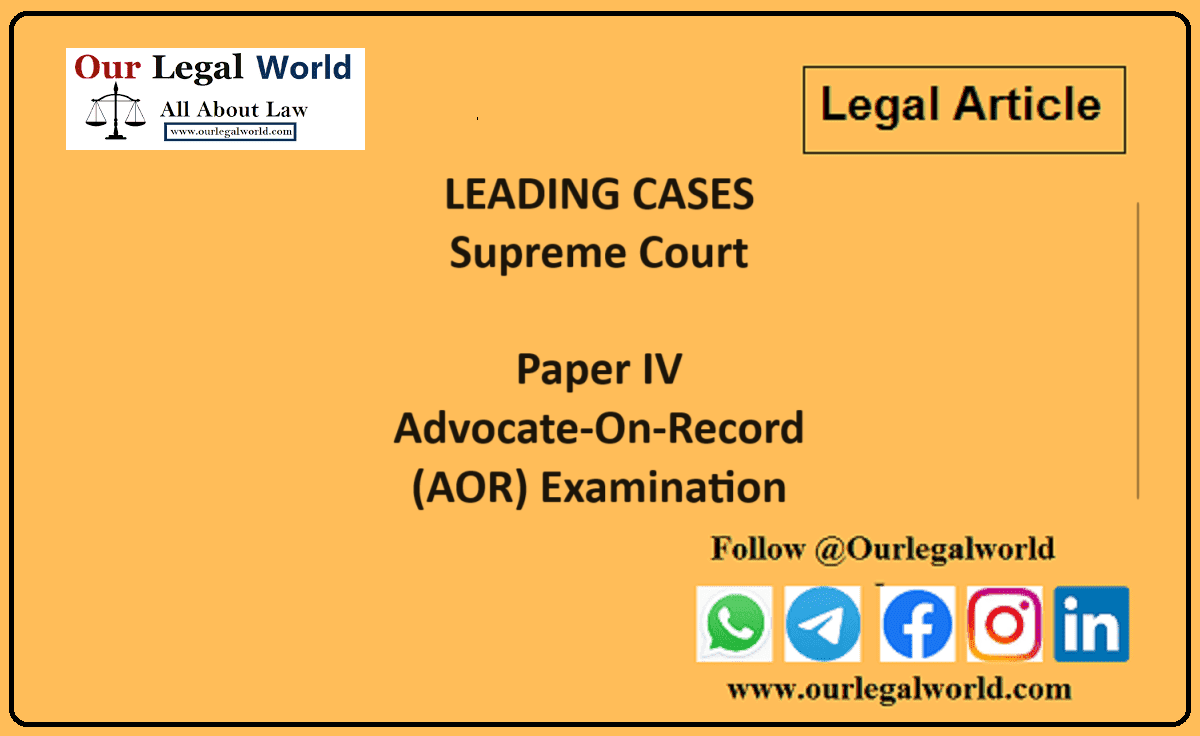Good Governance in Global Health Crisis
Good Governance in Global Health Crisis (In the shadow of the COVID-19 pandemic) Written by Dr. Abbas Poorhashemi
Emergence and outbreak of the COVID-19 pandemic have created and still creating global health issues, economic, political and social crises around the world. These challenges and conflicts oblige the international community to re-evaluate global governance. The global efforts halted to respond to the threat of the outbreak of the COVID-19 pandemic. The international community has failed to anticipate, prevent, recognize and control this pandemic in an appropriate and timely manner.
Today, the international community accepted the need for good governance as a new approach to global management based on the responsibility of the State toward national and international society. Good governance, despite differences in the system of government, implies the government’s commitment to respect human rights and fundamental freedoms as define in different generations of human rights. Good governance could be a new approach in responding to human beings’ needs and guaranteeing human rights and collective demands at national and international levels.
Also Read: Regional trading blocs: Stumbling or building blocks?
According to the Organisation for Economic Cooperation and Development (OECD) , good governance contributes to strengthening human rights and democracy, promoting economic prosperity and social cohesion, reducing poverty, improving environmental protection and sustainable use of natural resources and builds confidence in government and public administration. Some crucial elements of good governance are transparency, legitimacy, fairness, justice, efficiency and accountability. Therefore, there is a close link between sustainable development and good governance. Moreover, sustainable development and security could be linked in the context of the global health crisis. Health security strategy may be considered as a new approach to good governance.
The global management of infectious disease outbreaks illustrates the challenges faced by all governments both in developed and developing countries. In this situation, to respond to this crisis, all governments should take necessary measures to identify and detect possible outbreaks and control and restore the situation without any discrimination.
Good governance in the global health crisis such as COVID-19 shows how transparency, accountability and public participation could have a crucial role in the implementation of the objective of good governance.
The current global health crisis has confirmed the gaps and uncertainly in the national and international crisis management. It accentuates the importance of good governance in the globalized and interconnected world. Furthermore, the COVID-19 pandemic demonstrates that the current approach of global health governance has been failed, and global management and national governance are not cooperative in this matter. In contrast, it necessitates further international cooperation and coordination in a global crisis.
The pandemic proves that health issue has no borders, and international health has become “global health.” Based on this fact, countries and international institutions can no longer view health as a border issue, as they often did in the past-pandemic. The rapid development of communication across national borders through travel and trade has facilitated the transmission of diseases from country to country. In this context, can we expect the emergence and development of International Health Law as a new branch of international law?
Also, the widespread of the disease, both in rich and developing countries have shown that the World Health Organization leadership failed to manage the growing threat in the world. Some states have declared the ineffectiveness of the WHO explicitly at the time of the global crises.
Finally, the “big picture” of global health arising from the coronavirus pandemic, which has already caused unimaginable devastation and hardship to the international community, has brought us to re-evaluating and rethinking national and international governance.
The outbreak already had and will continue to have profound and lasting social, economic, health and political consequences in every corner of the globe. In this context, this global threat will require international coordination and global response based on the principle of good governance.
Good governance as a global approach should maintain its effectiveness on the democratization of national and international institutions to empower the public decision-making process, improve transparency and public participation.
Thus, the question is whether the multilateral treaties for global health matters, specifically the International Health Regulations require to be accepted as a customary international law for combating global diseases by the international community.
Dr. Abbas Poorhashemi (info@cifile.org) is an International Law Expert. He is the President of the Canadian Institute for International Law Expertise (CIFILE). His teaching and research interests are in the areas of Public International Law, International Criminal Law and International Environmental Law. He has published many books and articles in each of these areas. He is also the Editor-in-Chief of the CIFILE Journal of International Law (CJIL), Canada.
Disclaimer: Opinions expressed in this commentary do not necessarily reflect the views of the Canadian Institute for International Law Expertise (CIFILE). The aim of this commentary is not to provide legal advice. It does not necessarily cover all of the issues and aspects raised in this issue.
OECD (2014), “Good governance and well-being: What are the linkages?, 49th Session of the Public Governance Committee, OECD, Paris. Available at : https://www.oecd.org/governance/ministerial/the-governance-of-inclusive-growth.pdf
Author View is personal








![Tax Law Internship at Legum Attorney [Chamber of Ashish Panday], Delhi : Apply by 15th May 2025](https://www.ourlegalworld.com/wp-content/uploads/2025/05/IMG_0113-min.png)

